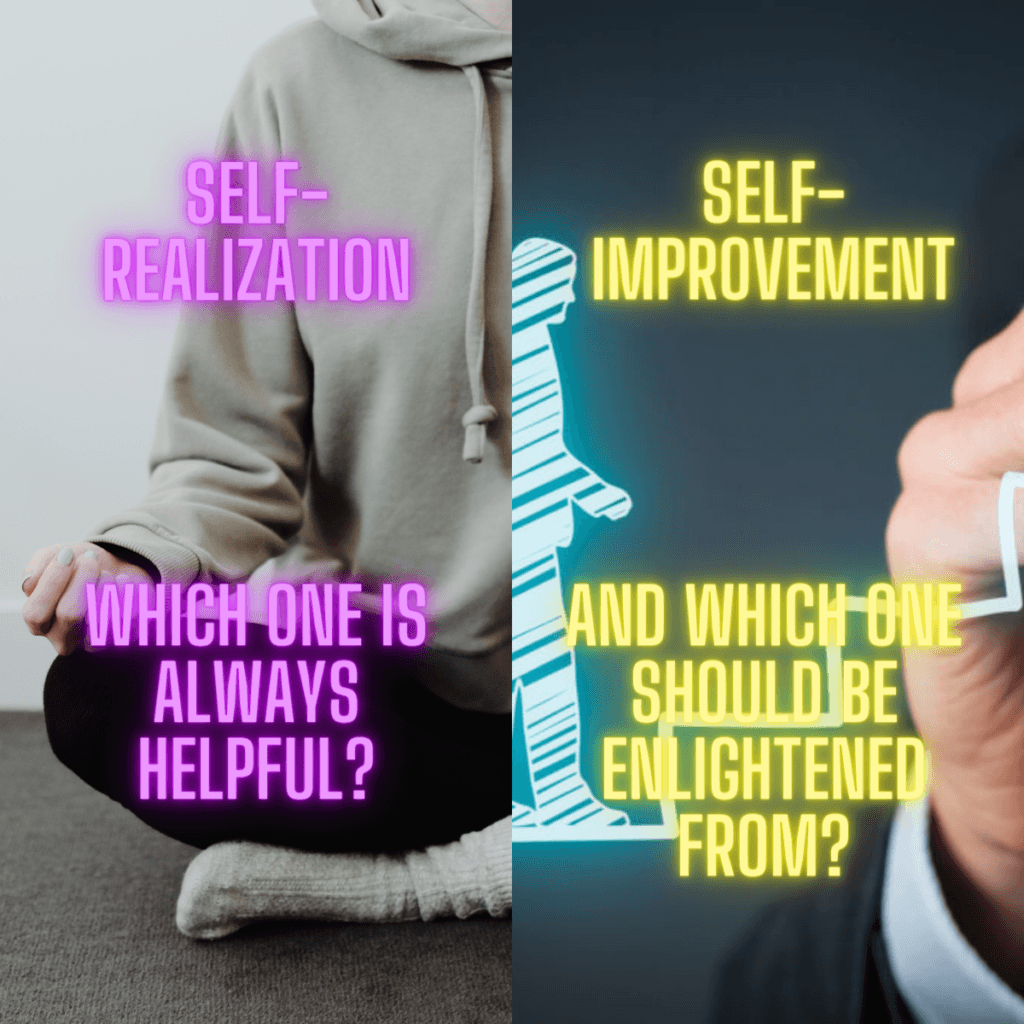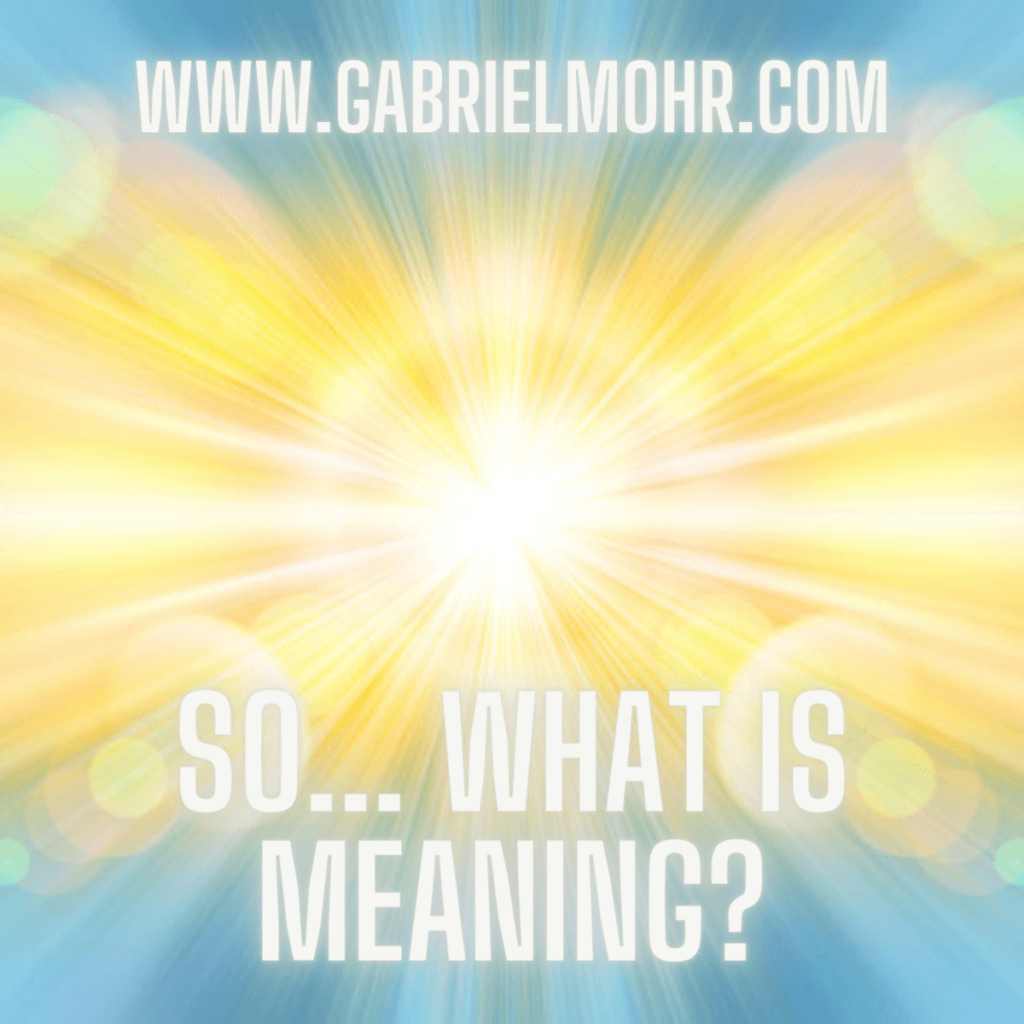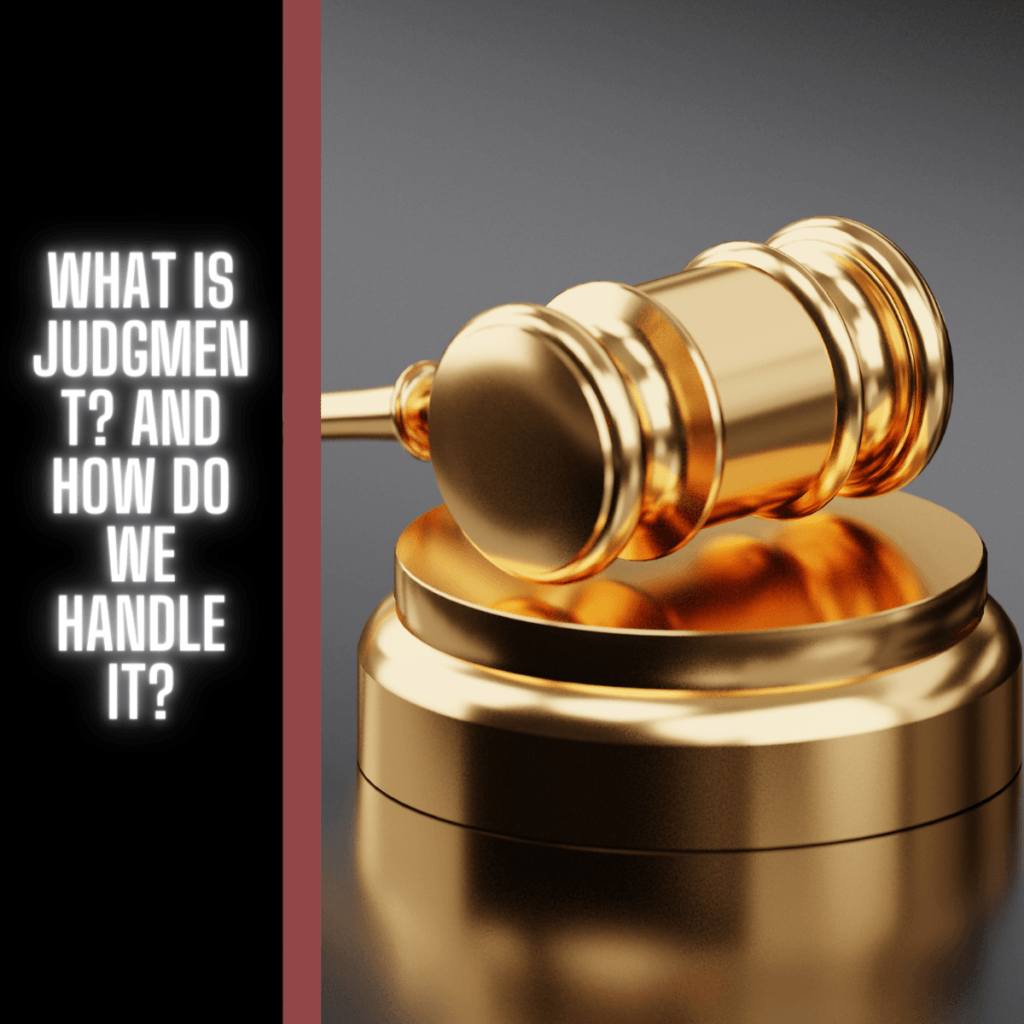
Quick Facts
-Self-improvement is where we improve our skills, and self-realization is realizing who we already are.
-Self-realization is what happens when we look into our inner world and realize ourselves!
-SR is often greater than self-improvement since self-improvement ultimately leads to the opportunity to realize ourselves.
-Identifying with ‘the improver’ almost always makes it more difficult to improve ourselves to the furthest extent we’re capable of!
-When we realize who we truly are, we almost always see how beautiful we truly are…
Intro
We see the call for self-improvement everywhere – schools, colleges, gyms, workplaces, training programs, various kinds of sports, and of course the infamous “self-improvement” communities that are scattered around if you look hard enough.
The game of self-improvement has become the game to play when I speak for American society, and if you show no interest in the game then finding people you can befriend will be difficult since everybody is busy “improving” themselves in one way or another.
It’s also come to my attention that some of my writings come dangerously close to saying something to the extent of, “You should improve yourself in order to feel better.” This is not the intention of my writings; my writings exist to help you find the silence in your life, whether that means a silent mind, a change of environment, wisdom to help you handle your chatty friends and family, etc.
Today I’d like to make a case against self-improvement and for self-realization, since I have observed “realized” people and “self-improvement” people and have come to the conclusion that realized people generally have better lives than self-improvement people (please note that the word “better” implies that self-improvement must take place in order for an individual to become realized. This is not the case and I simply use it for lack of terminology).
I’ll articulate the two main problems with self-improvement and then I’ll explain what I mean when I say that somebody should “realize” themselves. Grab your popcorn because this one’s going to be fun!
The Improver
The idea of improving yourself is simple; you start out at point A and you want to get to point B. However, since you don’t have the presence of mind, physical fitness, or confidence to do such a thing you need to improve yourself in order to do so, and this can be done through schooling, studying through other means, working out, having somebody train you, going to yoga class, or even meditation.
Of course, the end result of this improvement is a feeling of competence, confidence, and worthiness in the society in which you live (which you can have right now if you choose to, but more on that below). However, there’s one small problem with this; if you’re improving yourself then who is improving the improver? And of course who is improving the improver of the improver?
This gets pretty trippy if you’re the one improving yourself because eventually, you have to ask, “Which part of me is improving and which part of me is the improver? And which part of me is responsible for improving the improver, and which part of me is responsible for improving the improver of the improver?!”
We can already see that self-improvement cannot work because every improver needs improving, and who is going to improve the final improver? We can argue that a circle of people can manage to improve each-other as a group, and while that is possible there is still one more problem…
Pain
To “improve yourself” you must go through the “struggle” or the “tunnel” or whatever one might call it so that he or she can be more steady and secure in the future. This means going through a lot of pain (physically, psychologically, or both) in order to train your body, go to school, work those long hours, or whatever it is you do.
This is a tragic model of life because it simply doesn’t work like this. Pain leads to more pain and pleasure leads to more pleasure. If you’re experiencing pain as a result of trying to improve yourself then it’s more than likely that you’ll end up in a place of responsibility that produces more of the feeling you want to feel! In other words, you want to feel the pain that you feel when you go through “self-improvement” then who’s to say that you don’t want it to go away when you’ve “fully improved,” if you even get to that point?
It should be noted that learning/doing something because you’re interested in it is not the same as learning/doing something because you think you “have to;” if you work out, study, etc because it’s interesting to you then more power to you. I am mainly speaking about those who do something because “it’s good for them;” this mindset points to an unspoken assumption that can be summed up in a sentence such as “I am no good as I am and I need to be better.”
The Realization
This assumption, “I am no good as I am and I need to be better” is simply a thought, a feeling of shame, or both. When the self-improver realizes this he or she becomes liberated from the cycle and their emotional pain turns into a feeling of relief as if they had just dropped their backpack after a twenty-mile hike.
I make the case for self-realization because it is the actual antidote to self-improvement! If someone really thought it through they would realize that they never had to improve because they’ve always known what they’ve wanted to do all along, and it probably didn’t have anything to do with what they were doing to “improve” themselves at all.
How Do I Realize Myself?
It’s important to consciously shift your mindset from the “improver” to the “realizer” because otherwise, the heading above will sound like another tactic for self-improvement. However, realizing your self is simple; pay attention to your thoughts, your feelings, and your environment around you. Pay attention to the one who pays attention to your thoughts, and then pay attention to that one. This is meditation at its core; it is not a tool but a state of understanding yourself and the world around you.
Doing this is frighteningly simple, and when you realize that you can start manifesting your own feelings into your life (competence, confidence, worthiness, connection, love, bliss, you name it!) then people will start to heal simply by standing in your presence on their own path towards realizing the same thing. It’s truly wonderful.
The Urgency
I urgently encourage you to shift your mindset from the “improver” to the “realizer” as quickly as possible. We (Americans, at least) are in a society that is so greatly focused on self-improvement that they’re hurting themselves and everybody/everything else around them.
Instead of this, it’s very important to seek self-realization and to develop an understanding of the world inside of them and the world around them while consciously deciding to do away with self-improvement.
This is a vital change that must happen soon if we’re going to thrive as a species, and it starts with you, the reader. Or readers. It’s possible that more than one person is reading this post on the same computer. I don’t know :).
Conclusion
Thank you so much for reading my article! I greatly appreciate you being here, and I’ll see you in the next one :).

